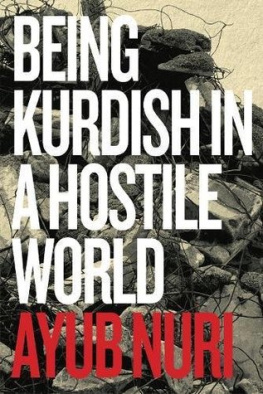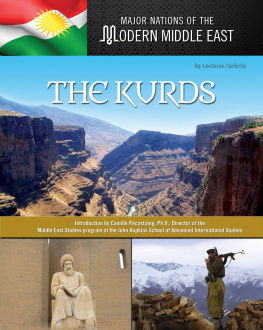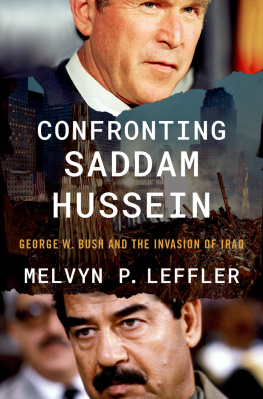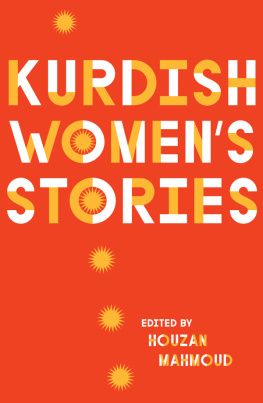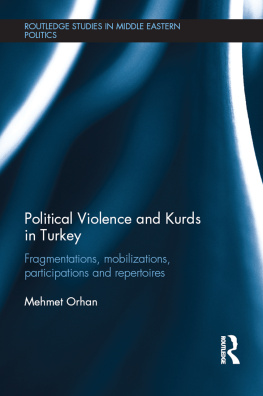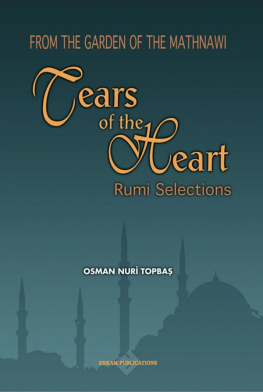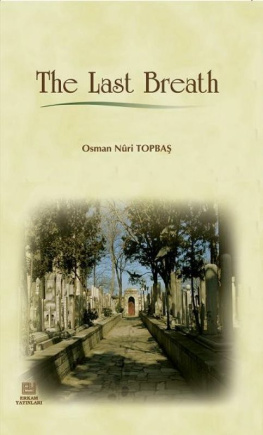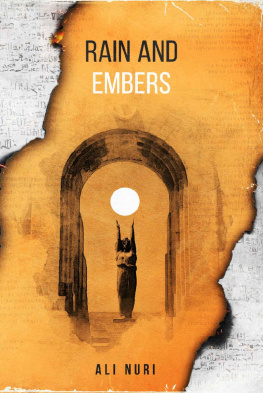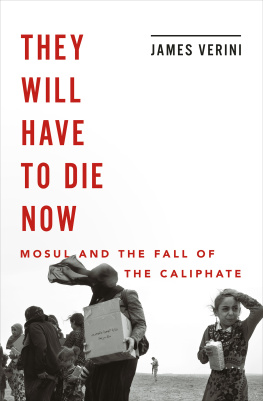Being Kurdish in a Hostile World
Being Kurdish in a Hostile World
Ayub Nuri
2017 Ayub Nuri
All rights reserved. No part of this work covered by the copyrights hereon may be reproduced or used in any form or by any means graphic, electronic, or mechanical without the prior written permission of the publisher. Any request for photocopying, recording, taping or placement in information storage and retrieval systems of any sort shall be directed in writing to Access Copyright.
Printed and bound in Canada at Friesens. The text of this book is printed on 100% post-consumer recycled paper with earth-friendly vegetable-based inks.
Cover design: Duncan Campbell, University of Regina Press
Text design: John van der Woude, jvdw Designs
Copy editor: Ryan Perks
Proofreader: Kristine Douaud
Cover art: "Construction scrap, chimneys in the background by monap/iStockphoto
Library and Archives Canada Cataloguing in Publication
Nuri, Ayub, author
Being Kurdish in a hostile world / Ayub Nuri.
Issued in print and electronic formats. isbn 978-0-88977-494-0 (softcover). isbn 978-0-88977-495-7 ( pdf ). isbn 978-0-88977-496-4 ( html )
1. KurdsSocial conditions. 2. KurdistanHistory. 3. Iran-Iraq War, 1980-1988Kurds. 4. Iraq War, 2003-2011Kurds. 5. Nuri, Ayub. 6. Kurdish CanadiansBiography. 7. Journalists, KurdishBiography. 8. JournalistsCanadaBiography. 9. War correspondents--Middle East--Biography. i . Title.
DS59.K86N87 2017 956'.00491597 C2017-904999-2 C2017-905000-1
10 9 8 7 6 5 4 3 2 1
University of Regina Press, University of Regina
Regina, Saskatchewan, Canada, s4s 0a2
tel: (306) 585-4758 fax: (306) 585-4699
web: www.uofrpress.ca
We acknowledge the support of the Canada Council for the Arts for our publishing program. We acknowledge the financial support of the Government of Canada. / Nous reconnaissons lappui financier du gouvernement du Canada. This publication was made possible with support from Creative Saskatchewans Creative Industries Production Grant Program.
To the lone tree on the
mountain outside Halabja
Table of Contents
The Wrong Place
The Mud House
The Dry Mulberry
One Drop of Blood
The Tobacco Farm
A Stray Black Dog
Escape
Saryas Camp
Two Hotheaded Men
Winds of Death
The Second Camp
Return
Shining Shoes
Revenge
A Poisonous Legacy
The Second Exodus
Hunger
The Wrong Colour
Homemade Guns
My First Words in English
Shortwave Radio
Meeting My Hero
Looking for a Job
One Spy Among Many
The Last War
Crossing a River
Chasing the Front Line
Thank You, Mr. Bush
Thieves or American Allies?
Inside Saddams House
My First Time in Baghdad
The Prison Town
A Dream Come True
Disturbing the Bones
Marshes and Shrines
Driving in the Wrong Country
Smugglers Between Heaven and Hell
Picking Up the Pieces
They Came to Baghdad
Feasting on Scraps
The Honeymoon Ends
My Name is Osama
Silent Grief
A Family Doomed
From Insurgency to Civil War
Wild Rabbits
Settling Old Scores
Back to Square One
Lucky Survivor
The Red Zone
Out of the Ashes
The Impending Split
Acknowledgements
Chronology of Historical Events
The Wrong Place
My birthplace of Halabja, a small town in Iraqi Kurdistan, is surrounded on three sides by mountains and on the other by an open plain. In spring, grass and wild flowers cover the mountains, forming a natural wreath around the town. In autumn, when the grass dries and turns yellow, it looks like a gold necklace. And in winter, snow covers everything and Halabja looks like an old man whose hair has turned white with age. Only in summer, when dust storms from Iraqs southern deserts shroud the town, does it lose some of its beauty. The open plain is called Sharazoor, which means many cities. Sharazoor is a compound word: shar (city) and zor (many), and years ago there were so many houses in the area that a man could travel for miles from rooftop to rooftop without setting foot on the ground.
Sharazoor is a fertile land. Farmers grow sesame, cotton, rice, sunflower, wheat, barley, and all kinds of vegetables. But the region, which is watered by Lake Sirwan and several small rivers, is known locally for sweet watermelons. Lake Sirwan is named after a river that originates in Iran and snakes its way through rugged mountains until a dam brings it to a halt. The dam was built in 1956, when Iraq was still ruled by a monarchy, to produce electricity for Halabja and the surrounding areas.
This man-made lake brings light to peoples homes and waters their farms, but every now and then it puts sorrow in their hearts too. In the summer, when the temperature reaches fifty degrees centigrade, people go to swim in the lake. When I was a young boy, one of our neighbours, an elementary school teacher, went with some of his friends on a picnic by the lake. At some point he jumped in for a swim and was sucked in by the deceptively peaceful waters and drowned.
You may be surprised to learn that my beautiful town was made by mistake, but in Kurdish its name means the wrong place. The story has it that many years ago a group of thirteen nomadic families were searching for new pastures for their herds. They made camp and let their animals roam, only to realize they had chosen the wrong place. They named their camp Halaje: hala (wrong) and je (place). With the passage of time the name became Halabja. Another story says the town was named after the ancient Syrian city of Aleppo by traders who found the two places similar. The Arabic and Kurdish name for Aleppo is Halab and the Kurdish suffix cha or ja means small. So Halabja could mean the small Halab.
Town elders tell a different tale. They say the name comes from the word haloja , which in Kurdish means plum (many years ago the area was known for an abundance of plum orchards). Today, most people of my parents generation still call the town Haloja. But of all these stories about the name, I like the first one most. The original settlers couldnt have picked a more befitting name for this town. Halabjas history is marked by war, violence, mass killing, and destruction. And the beauty I mentioned above has often been shrouded in the smoke of bombs, the rivers and lakes poisoned by chemical gas.
My mother was born in a village called Bawakochakwhich means the nomadic fatherto a mother that had been married once before. From her first husband she bore one daughter and from the second my mother and a son. She attended school for only a couple of years before her parents decided she had had enough. Those days, people sent a girl to school until the third or fourth grade. It sufficed if she could read public signs and help her parents read and write letters, although written correspondence was very uncommon then.

